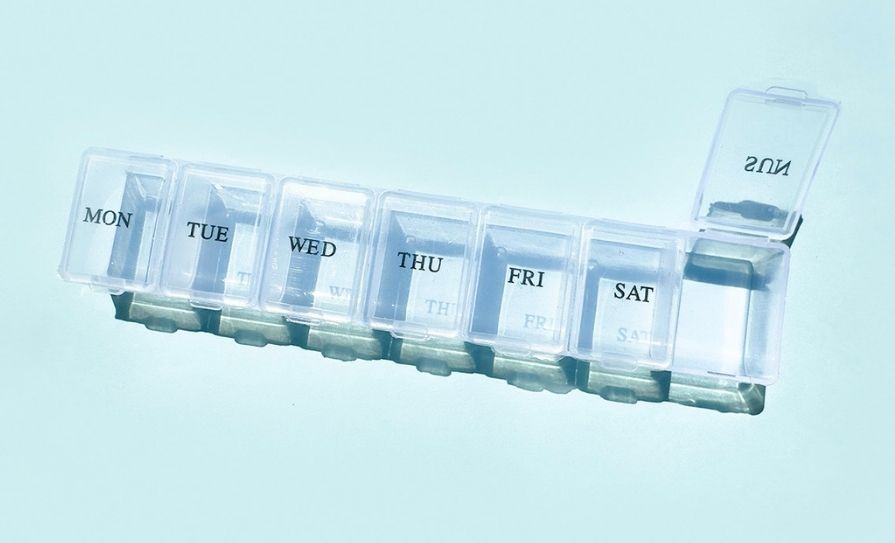Recent research shows that job security, work-life balance and poor sleep are concerns for people working from home due to the Covid-19 pandemic
Mental Health First Aid Ireland has published the results of its Working From Home Wellbeing Survey. The Covid-19 pandemic has resulted in the largest and quickest mass shift in work patterns globally and in order to understand the effects of this shift on the mental and physical wellbeing of employees, Mental Health First Aid Ireland undertook a national survey with 1,179 respondents who found themselves working from home as a result of the pandemic.
Over half the respondents (57 per cent) said they enjoyed they autonomy of working from home, while 34 per cent said they felt more motivated. Some 53 per cent agreed that they felt valued by their employer, and almost three-quarters (72 per cent) said they felt trusted by their employers.
However, when asked about their mental wellbeing, the findings show a workforce with a lot on its mind. Poor sleep and increased fatigue emerged as concerning findings. Some 40 per cent of respondents reported loss of sleep due to worry, and 50 per cent said they experienced more fatigue than usual. Forty per cent of respondents were found to be experiencing poor wellbeing as defined under the WHO-5 Wellbeing Index.
Long hours
The respondents completed the survey between mid-May and mid-June, with 42 per cent describing managing the boundary between work and home life as ‘very difficult’, while nearly half (49 per cent) said that long and irregular hours were a feature of new working-from-home arrangements, with those surveyed saying they worked an average of nine hours in addition to their contracted hours of work. Despite this, 59 per cent said they are worried about their job security.
Diet and exercise have been impacted, with 24 per cent admitting to an increase in alcohol consumption, nearly a third (30 per cent) are eating a less healthy diet and 40 per cent said they are exercising less.
Physical health
When it came to physical health, almost half of the survey respondents reported aches and pains, especially in the neck (45 per cent), shoulders (41 per cent), and back (45 per cent) compared to their normal physical condition. Forty-one per cent said they had experienced more eye strain than usual.
In terms of getting their work done, 76 per cent of respondents agreed that they had all the information they needed in order to do their job, but 18 per cent said they had not been supplied with a computer by their employer in order to do their job and 90 per cent said that no risk assessment had been carried out.
Speaking about the results of the Mental Health First Aid Ireland Working From Home Wellbeing Survey, Mr Martin Gillick, National Training Co-ordinator for Mental Health First Aid Ireland’s Adult and Workplace programmes, said: “Employers repeatedly state that their most important asset is their staff. The results of the survey have shown the challenges that home-working and the ongoing Covid-19 pandemic present.
These challenges, now more than ever, place an onus on all employers to put in place systems that support the wellbeing of staff. These should include both formal and informal supports that foster workplace wellbeing and may include training programmes such as Mental Health First Aid as part of an overarching wellbeing strategy. At the end of the day, a happy and supported workforce is good for business and society.”
Mental health
Mental Health First Aid Ireland Manager Mr Donal Scanlan commented: “The survey results confirm what many commentators have long suspected, which is that we are facing into a considerable increase in mental health and wellbeing problems as a result of the Covid-19 pandemic. At Mental Health First Aid Ireland, we want to help employers support the mental health and wellbeing of their staff.
Helping create a workplace culture where mental health can be spoken about openly and with confidence; a workplace community willing and able to respond to the mental health needs of their colleagues. As many people say, ‘It is good to talk about mental health’, but who educates the listeners? That’s where Mental Health First Aid training can help.”
According to MHFA, in response to the survey results, employers should consider the following:
- Conducting risk assessments to ensure the ‘home office’ set-up is safe and ergonomic and encourage employees to be active and take exercise.
- Provide mental health support via both formal and informal means, including virtual check-ins, peer-to-peer support, access to EAPs, and ensure regular contact with managers and colleagues is maintained.
- Provide training to a cohort of employees at all levels that enables them to recognise, engage with, and support colleagues who may be experiencing a mental health difficulty. Mental Health First Aid training would achieve this goal.
- Attention should be paid to identifying and providing focused support to those who may fall into high-risk groups, ie, those with financial concerns, elder care issues, those struggling to adjust, and/or those prone to feelings of isolation.
- Consider rethinking performance targets and monitoring. Involve employees in decisions about reorganising work and reallocating tasks and priorities.
- Returning to the workplace will be challenging for both employers and employees. Communication and the introduction of return-to-work protocols and safe systems of work will help reduce the worries and concerns expressed by respondents.







